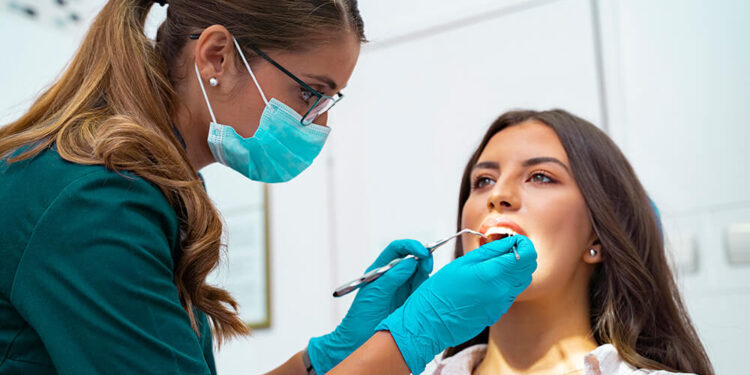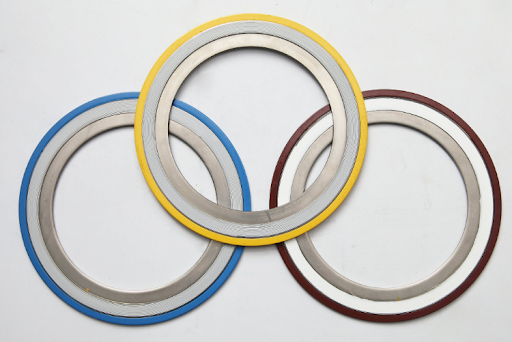Accidental cheek biting is a common occurrence that can happen to anyone, often resulting in discomfort, pain, and sometimes even complications. Whether you’ve bitten your cheek while eating, talking, or due to stress, understanding how to prevent it and how to care for it can help alleviate discomfort and promote healing. Here are some practical tips on preventing cheek bites and caring for them if they do occur.
Understanding Accidental Cheek Biting
Accidental cheek biting typically occurs when:
- Eating: Chewing too quickly or not being mindful of food placement can lead to accidentally biting the inside of the cheek.
- Talking or Laughing: Sometimes, talking or laughing with food in your mouth can result in unintentional bites.
- Stress and Anxiety: Some people bite their cheeks as a response to stress or anxiety, leading to chronic irritation and sores.
Prevention Tips
Preventing accidental cheek biting involves being mindful of your habits and making small adjustments. Here are some strategies:
- Practice Mindful Eating:
- Chew Slowly: Take your time while eating. Chewing slowly can help prevent accidents and improve digestion.
- Cut Food into Smaller Pieces: Smaller pieces are easier to manage and less likely to cause accidental bites.
- Be Aware of Your Mouth Position:
- Control Your Jaw Movements: Pay attention to how you move your jaw when eating or speaking to avoid clenching or biting your cheeks.
- Avoid Talking with Food in Your Mouth: This can lead to awkward jaw movements and increase the risk of biting.
- Manage Stress and Anxiety:
- Identify Triggers: If you notice that you bite your cheeks when stressed, identify what triggers this response.
- Practice Relaxation Techniques: Techniques such as deep breathing, meditation, or yoga can help reduce stress levels and minimize cheek biting.
- Consult a Dentist:
- Mouthguard: If you frequently bite your cheeks, especially due to grinding or clenching, consider asking your dentist Mooresville NC about a custom mouthguard to protect your cheeks and teeth.
Caring for Bites
If you accidentally bite your cheek, proper care can help alleviate pain and promote healing. Here’s how to care for a cheek bite:
- Clean the Area:
- Rinse Your Mouth: Use warm salt water to rinse your mouth gently. This can help clean the area and reduce the risk of infection. Mix one teaspoon of salt in a cup of warm water and swish it around your mouth.
- Apply Ice or Cold Compress:
- Reduce Swelling and Pain: Apply an ice pack or cold compress to the outside of your cheek for 10-15 minutes. This can help numb the area and reduce swelling.
- Avoid Irritants:
- Stay Away from Spicy or Acidic Foods: Avoid foods that can irritate the bitten area, such as spicy, acidic, or crunchy foods, until it heals.
- Use Over-the-Counter Pain Relief:
- Pain Management: If you’re experiencing pain, consider taking over-the-counter pain relievers like ibuprofen or acetaminophen, following the recommended dosage.
- Keep the Area Moist:
- Avoid Dryness: Applying a thin layer of a topical ointment, like aloe vera gel or an antiseptic, can help keep the area moist and promote healing.
- Monitor for Infections:
- Watch for Signs: Keep an eye on the bite for any signs of infection, such as increased redness, swelling, or pus. If you notice these symptoms, consult a healthcare professional.
- Give It Time:
- Healing Takes Time: Most cheek bites heal on their own within a week. Be patient and allow your body to recover.
When to See a Doctor
While most accidental cheek bites heal without issue, there are certain situations where you should seek medical attention:
- Severe Pain: If the pain is unmanageable or worsening, consult a healthcare professional.
- Persistent Sores: If the bite does not heal within a week or becomes increasingly painful, it may require medical evaluation.
- Signs of Infection: If you notice increased redness, swelling, pus, or fever, seek medical help promptly.
Conclusion
Accidental cheek biting is a common issue that can cause discomfort and pain. By practicing mindful eating, managing stress, and following proper care techniques, you can prevent cheek bites and promote healing when they occur. If you frequently experience cheek biting or have concerns about your oral health, consider consulting a dentist for personalized advice. Taking these steps can help you maintain good oral health and enjoy a pain-free smile.















